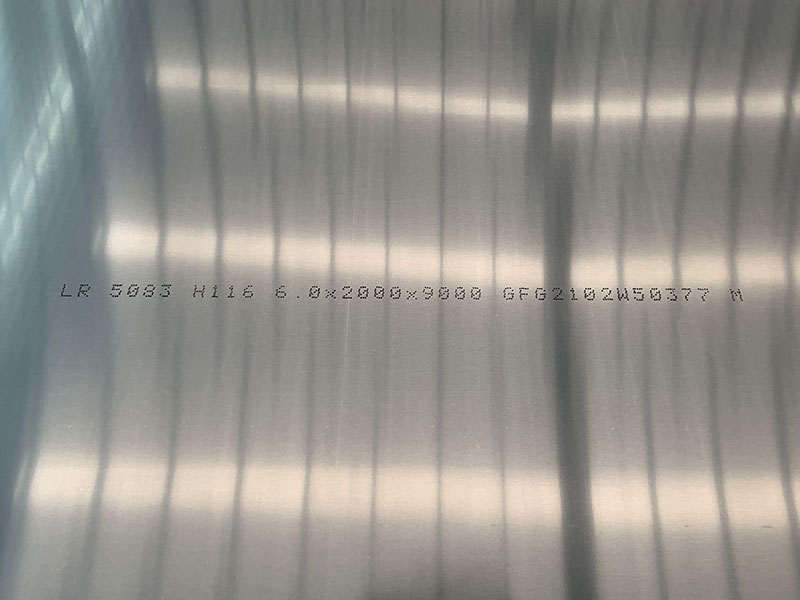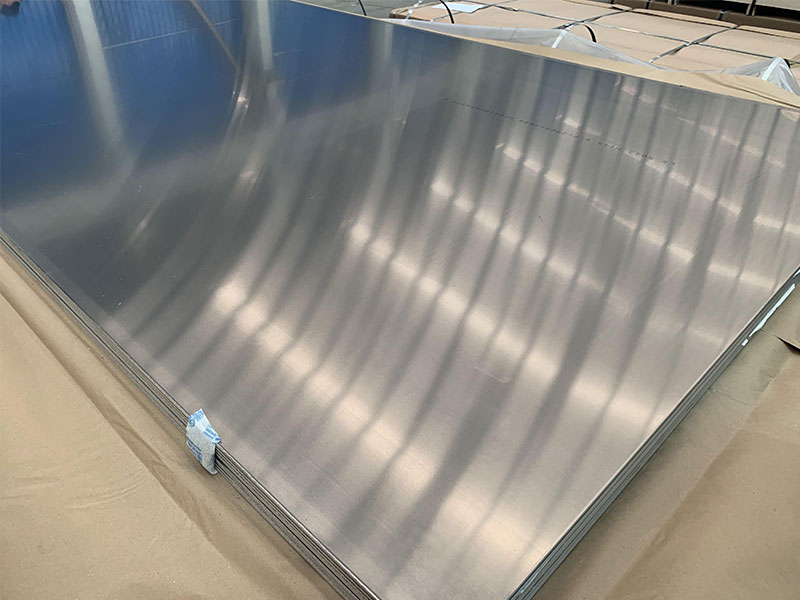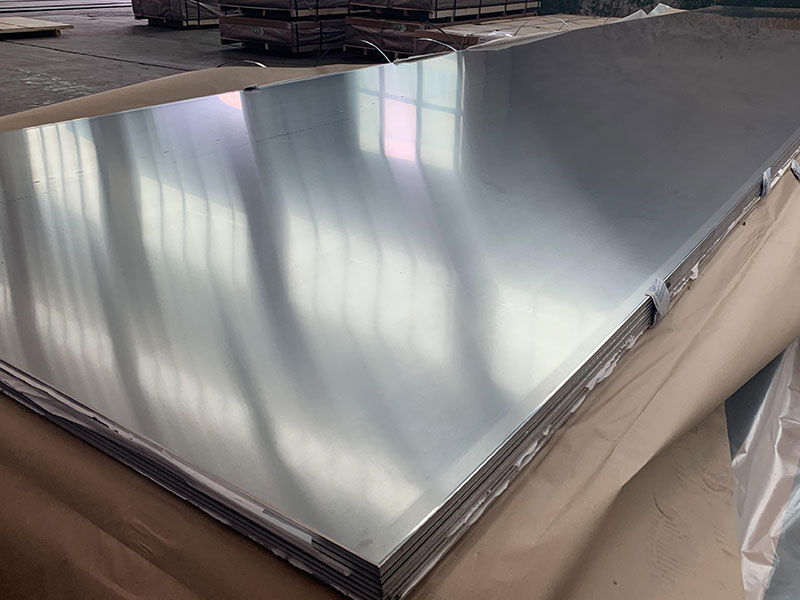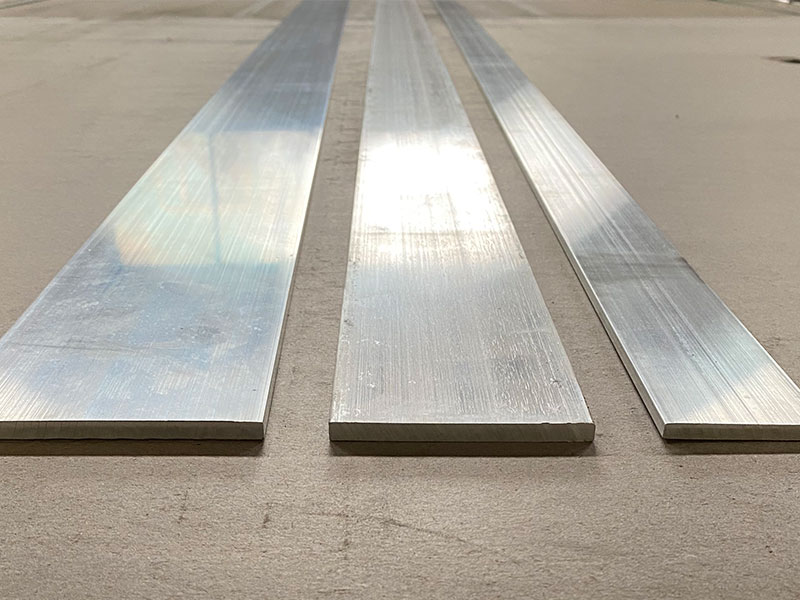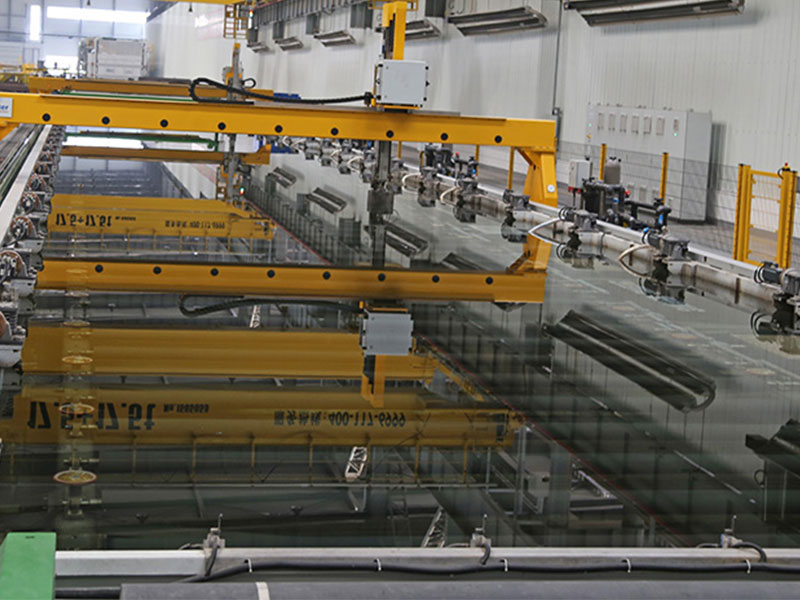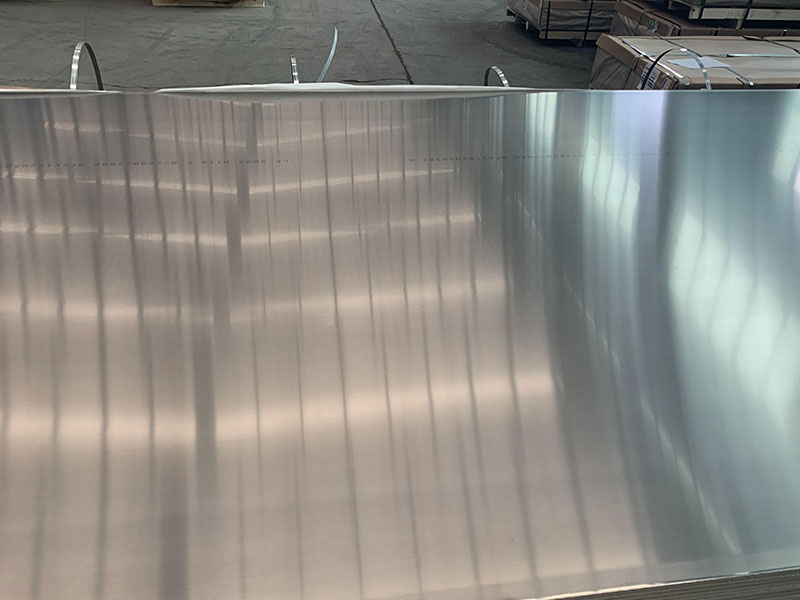Marine Grade aluminum 5052 5083 6063 H111 H22 H32 H36 Sheet Plate
Marine Grade Aluminum: 5052, 5083, and 6063 in H111, H22, H32, and H36
In the vast world of materials, aluminum holds a prominent position, especially for marine applications where durability and resilience under harsh conditions are paramount. Within this realm, certain grades and tempers of aluminum stand out, particularly the marine-grade alloys – 5052, 5083, and 6063 – in various forms such as sheets and plates, designated as H111, H22, H32, and H36.
Working with marine-grade aluminum alloys like 5052, 5083, and 6063 (in H111, H22, H32, and H36 tempers) for "Aluminum Plate" production highlights the crucial interplay between corrosion resistance and mechanical properties. 5052 and 5083 are our workhorses for demanding marine applications due to their superior corrosion resistance, particularly in saltwater environments. The difference lies in strength; 5083 offers higher yield strength, making it ideal for structural components needing significant load-bearing capacity, while 5052 provides excellent formability for complex shapes. We often see 6063 used where a balance between strength and weldability is needed, although its corrosion resistance is slightly lower, demanding more careful surface treatments and potentially thicker plating for marine exposure. The temper designation (H111, H22 etc.) directly influences the final product's hardness and formability; a harder temper (like H36) means increased strength but reduced ductility, demanding more precise forming processes to prevent cracking.
the nuances of these alloys is critical for minimizing production defects and ensuring longevity. For instance, improper welding of 5083 can lead to localized corrosion, necessitating precise welding parameters and post-weld treatments. Similarly, choosing the correct temper for a specific application is paramount; using an overly hard temper where
Marine Grade Aluminum Alloys
Marine-grade aluminum alloys are specifically engineered to resist corrosion in harsh marine environments.
-
5052 Aluminum Alloy: Recognized for its excellent corrosion resistance, formability, and weldability, 5052 is particularly effective in resisting saltwater and oceanic environments. It is widely used in marine structures, recreational crafts, and boat hulls.
-
5083 Aluminum Alloy: Known for its exceptional performance in extreme conditions, 5083 offers high resistance to stress corrosion cracking. This alloy balances high strength and workability, making it ideal for applications such as shipbuilding, storage tanks, and structural components in vessels.
-
6063 Aluminum Alloy: With superior extrudability, 6063 serves various applications, mainly where a smooth, aesthetic finish is desirable, such as in the construction of decks and railings. It has diverse applications beyond marine, including architectural molds and frames in various constructions.
Alphanumeric Tempers Explained
In addition to their specific alloys, these products can be treated in various tempering processes denoted by numbers and letters that define how each alloy can be processed and used:
-
H111 indicates an unwrought state where the alloy has undergone some significant strain hardening but retains a minimal level of work hardening.
-
H22 and H32 suggest that the aluminum is fully heat treated and strain-hardened to slightly varying degrees, leading to enhanced strength and stability, critical in marine environments where pressure and stress vary principally.
-
H36 temper provides higher strength, supporting vessels that operate under heavy loads in turbulent waters, thus ensuring structural integrity in unpredictable situations.
Unique Features and Benefits
The unique combination of properties exhibited by aluminum 5052, 5083, and 6063 embodies the optimal performance needed in maritime applications. Here are some distinctive features and benefits of using these grades:
-
Corrosion Resistance: The primary advantage of these marine grades is their ability to resist rust and deterioration common to aluminum. They form a protective oxide layer, which keeps them stable when exposed to salt, humidity, and other environmental challenges.
-
Lightweight yet Strong: Marine-grade aluminum alloys are substantially lighter than steel, which enhances their performance concerning weight-to-strength ratios. This facilitates the design of more efficient and faster vessels without compromising structural integrity or safety.
-
Weldability: With their excellent weldability, these aluminum grades allow easy fabrication and construction, enabling complex structures without compromising the resistance and durability.
-
Recyclable: A significant environmental benefit is that aluminum is fully recyclable without losing its properties, thus notably contributing to sustainable practices in manufacturing and marine construction.
Applications
Due to their unique features, aluminum 5052, 5083, and 6063 sheets and plates have an array of applications stone in maritime creation and refurbishment:
-
Boat Hulls: Resistance to harsh sea conditions makes these alloys ideal for constructing vessels exposed to highly corrosive seawater.
-
Structural Components: Used in frameworks and fittings for docks and piers, maintaining strength and rigidity irrespective of ocean upheavals.
-
Process Tanks and Containment Structures: Marine industries demand reliability—storage tanks fabricated from 5083 provide just that, overcoming issues tied to corrosion.
-
Recreational and Commercial Craft: Areas in and around the boat where weight efficacy blends with high-quality finishes widely apply 6063 for aesthetic enhancements without added weight burdens.


